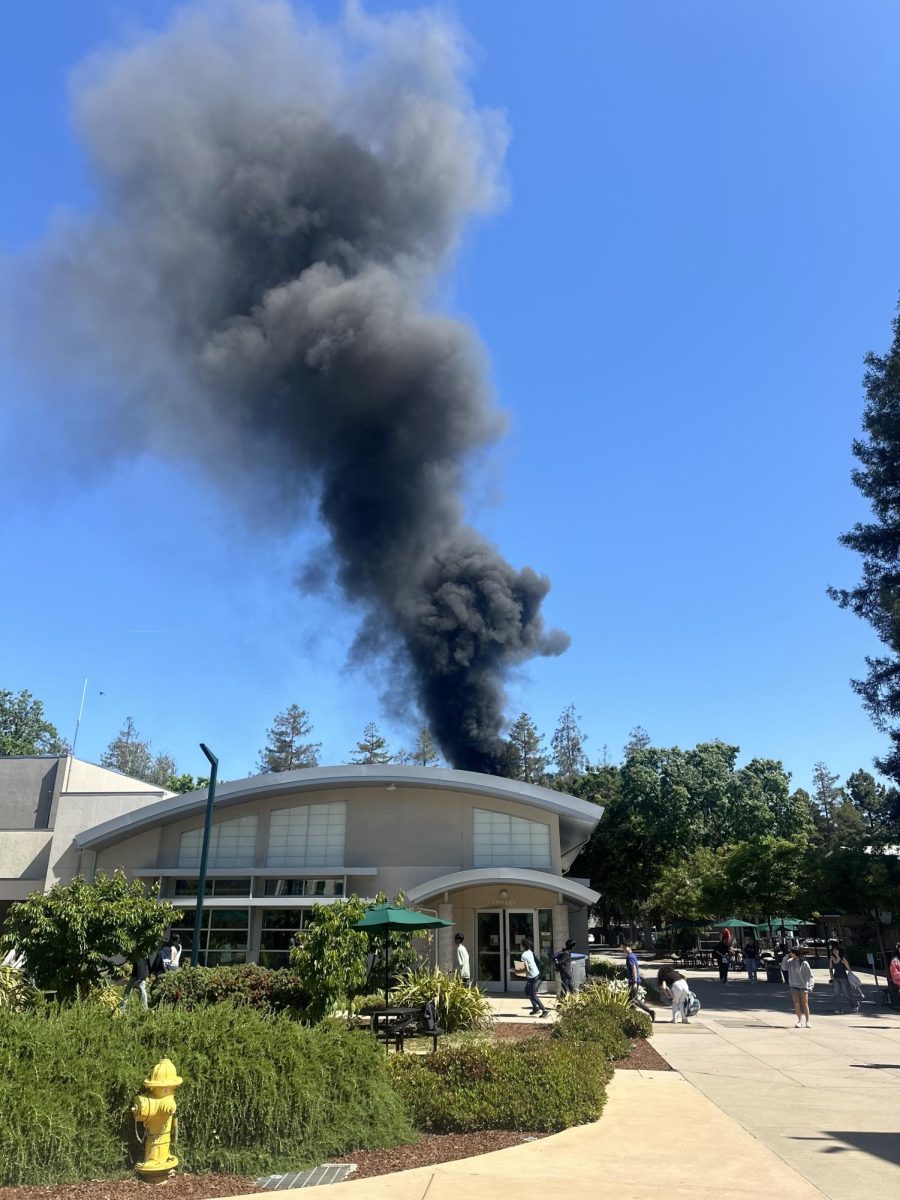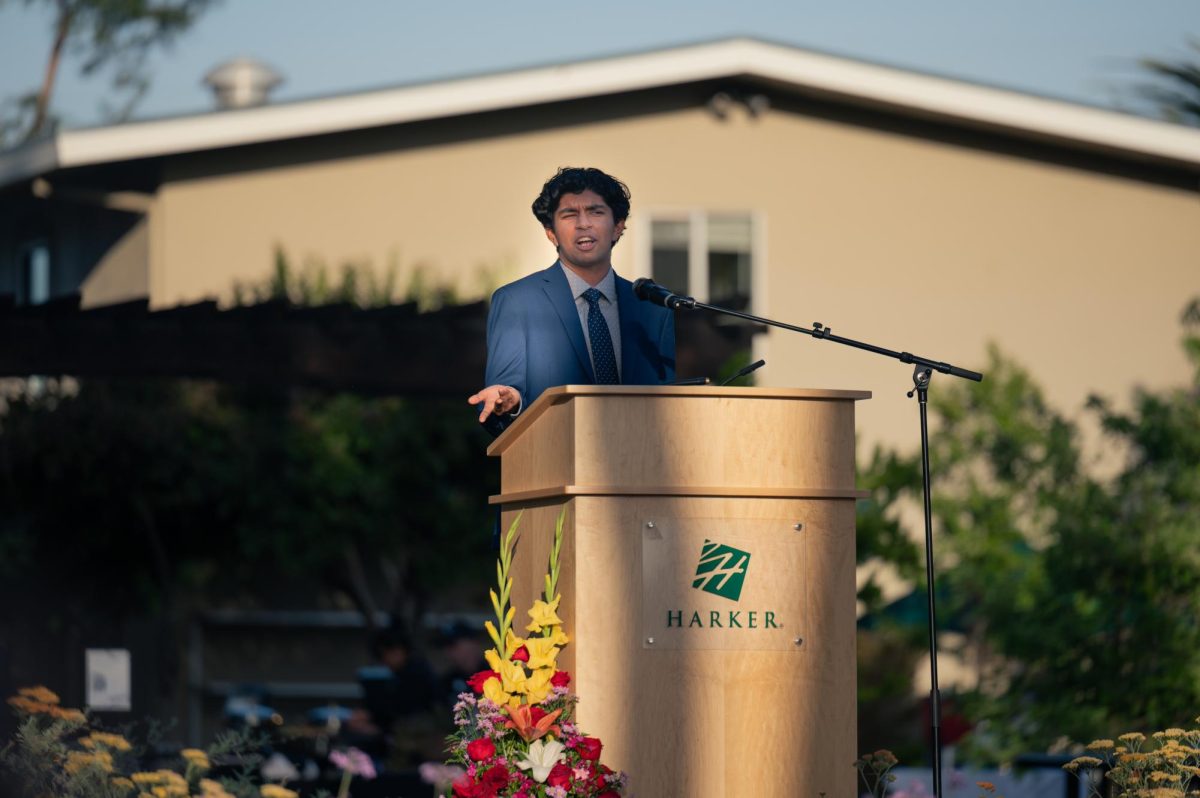On January 1, an ordinance passed by the city of San Jose a little over a year prior went into effect, making the city the largest in the state of California to ban plastic carryout bags.
This ordinance (No. 28877) effectively bans commercial retail businesses within San Jose from the free distribution of single-use plastic bags at check-out, as well as requiring businesses to charge customers for the use of paper bags that contain less than 40 percent recycled content.
Though the overarching goal of the ban on single-use bags is to lessen environmental impact by encouraging the use of reusable shopping bags, multiple factors were specifically considered during the City Council’s administrative hearing of the proposed ordinance’s Environmental Impact Report (EIR).
Major concerns included “plastic litter entering waterways and flowing to San Francisco Bay,” reduction of the “500 million single-use carryout plastic bags given away annually in San Jose,” and “clog[ged] catch basins in the public streets […] and endanger[ed] fish, turtles, and birds in local creeks and the Bay,” according to the transcribed impact report.
AP Environmental Science teacher Jeff Sutton notes the impact of the bags.
“A lot of these bags end up on the roadside, in the water, and they’re petroleum for the most part, so they don’t degrade and end up in landfills,” he said. “In hundreds of years they’ll still be there, which is less than ideal.”
Suzanne McClurkin-Nelson, Chairperson of the Silicon Valley Environmental Partnership, agrees on the negative influence of the plastic and supports the new plan.
“The plastic bags have an enormous impact on the environment,” McClurkin-Nelson said. “There’s a tremendous problem in the Pacific, and I think from an environmental point of view, it’s a huge positive step.”
Though the ban has affected nearly every commercial retail store in the city, some students have not been impacted by the new rule.
“I didn’t really realize that they banned plastic bags,” Rebecca Chen (10) said. “I just noticed that they stopped giving me the ‘paper or plastic’ option at checkout.”
Some, like Kaitlin Halloran (12), had stopped using plastic bags even before the new policy.
“I think [the ordinance] will have a beneficial impact, environmentally speaking, but I haven’t even really noticed it,” Kaitlin said. “It hasn’t really impacted me because I use my own bag.”
Others at the Upper School have high hopes for the efficacy of the new San Jose policy.
“I think the policy is great, because we’re filling our world with trash,” Dr. Pauline Paskali said. “The plastics do stay around for a very long time, and I think it’s wonderful that they’re being banned.”
Brian Oldziewski, Upper School Network Administrator, was surprised that the ban was passed with little resistance.
“It’s a little inconvenient, so I’m surprised they were able to do that without a lot of people getting upset,” Oldziewski said. “My first impression was like ‘Oh, I don’t want to shop [at impacted stores],’ but I got over it.”
District 1 Councilman Pete Constant, the only dissenter in an earlier vote on the ordinance, answered questions in a follow-up interview with the Winged Post. He remains opposed to the ban.
“It [is] the wrong time to make this sort of change, as it has placed unnecessary costs and inconveniences on our business community as well as our residents in difficult economic times,” Constant said.
Additionally, he notes the many needs the now-banned plastic bags had served.
“Many people reuse their grocery bags as trash bags, or save them to use then they take their dog on a walk. These bags will all have to be replaced […] and people will have to buy [them],” he said.
Regardless, at only a month in effect, he believes the full effects of the ordinance are yet to be revealed.
“The goal of the ban was to reduce litter […], but it’s tough to make an assessment on whether it has had an impact,” Constant said.
McClurkin-Nelson is more optimistic and less concerned with the economics behind the ban.
“I can’t speak to how it’s going to impact the plastic industry, but I think that whole industry needs to be looked at very carefully,” she said. “There’s going to be be some bumps and a transition period, but overall I think it’s going to be a positive.”


















![“[Building nerf blasters] became this outlet of creativity for me that hasn't been matched by anything else. The process [of] making a build complete to your desire is such a painstakingly difficult process, but I've had to learn from [the skills needed from] soldering to proper painting. There's so many different options for everything, if you think about it, it exists. The best part is [that] if it doesn't exist, you can build it yourself," Ishaan Parate said.](https://harkeraquila.com/wp-content/uploads/2022/08/DSC_8149-900x604.jpg)




![“When I came into high school, I was ready to be a follower. But DECA was a game changer for me. It helped me overcome my fear of public speaking, and it's played such a major role in who I've become today. To be able to successfully lead a chapter of 150 students, an officer team and be one of the upperclassmen I once really admired is something I'm [really] proud of,” Anvitha Tummala ('21) said.](https://harkeraquila.com/wp-content/uploads/2021/07/Screen-Shot-2021-07-25-at-9.50.05-AM-900x594.png)







![“I think getting up in the morning and having a sense of purpose [is exciting]. I think without a certain amount of drive, life is kind of obsolete and mundane, and I think having that every single day is what makes each day unique and kind of makes life exciting,” Neymika Jain (12) said.](https://harkeraquila.com/wp-content/uploads/2017/06/Screen-Shot-2017-06-03-at-4.54.16-PM.png)








![“My slogan is ‘slow feet, don’t eat, and I’m hungry.’ You need to run fast to get where you are–you aren't going to get those championships if you aren't fast,” Angel Cervantes (12) said. “I want to do well in school on my tests and in track and win championships for my team. I live by that, [and] I can do that anywhere: in the classroom or on the field.”](https://harkeraquila.com/wp-content/uploads/2018/06/DSC5146-900x601.jpg)
![“[Volleyball has] taught me how to fall correctly, and another thing it taught is that you don’t have to be the best at something to be good at it. If you just hit the ball in a smart way, then it still scores points and you’re good at it. You could be a background player and still make a much bigger impact on the team than you would think,” Anya Gert (’20) said.](https://harkeraquila.com/wp-content/uploads/2020/06/AnnaGert_JinTuan_HoHPhotoEdited-600x900.jpeg)

![“I'm not nearly there yet, but [my confidence has] definitely been getting better since I was pretty shy and timid coming into Harker my freshman year. I know that there's a lot of people that are really confident in what they do, and I really admire them. Everyone's so driven and that has really pushed me to kind of try to find my own place in high school and be more confident,” Alyssa Huang (’20) said.](https://harkeraquila.com/wp-content/uploads/2020/06/AlyssaHuang_EmilyChen_HoHPhoto-900x749.jpeg)








![Winged Post Editor-in-Chief Katerina Matta and Managing Editor Young Min were selected as first place winners from a pool of around 2,000 students. “This page [shows] how much we paid attention to detail and how much we pushed ourselves to ensure the best quality that we could,” Young said.](https://harkeraquila.com/wp-content/uploads/2025/05/IMG_4254-900x1200.jpeg)
